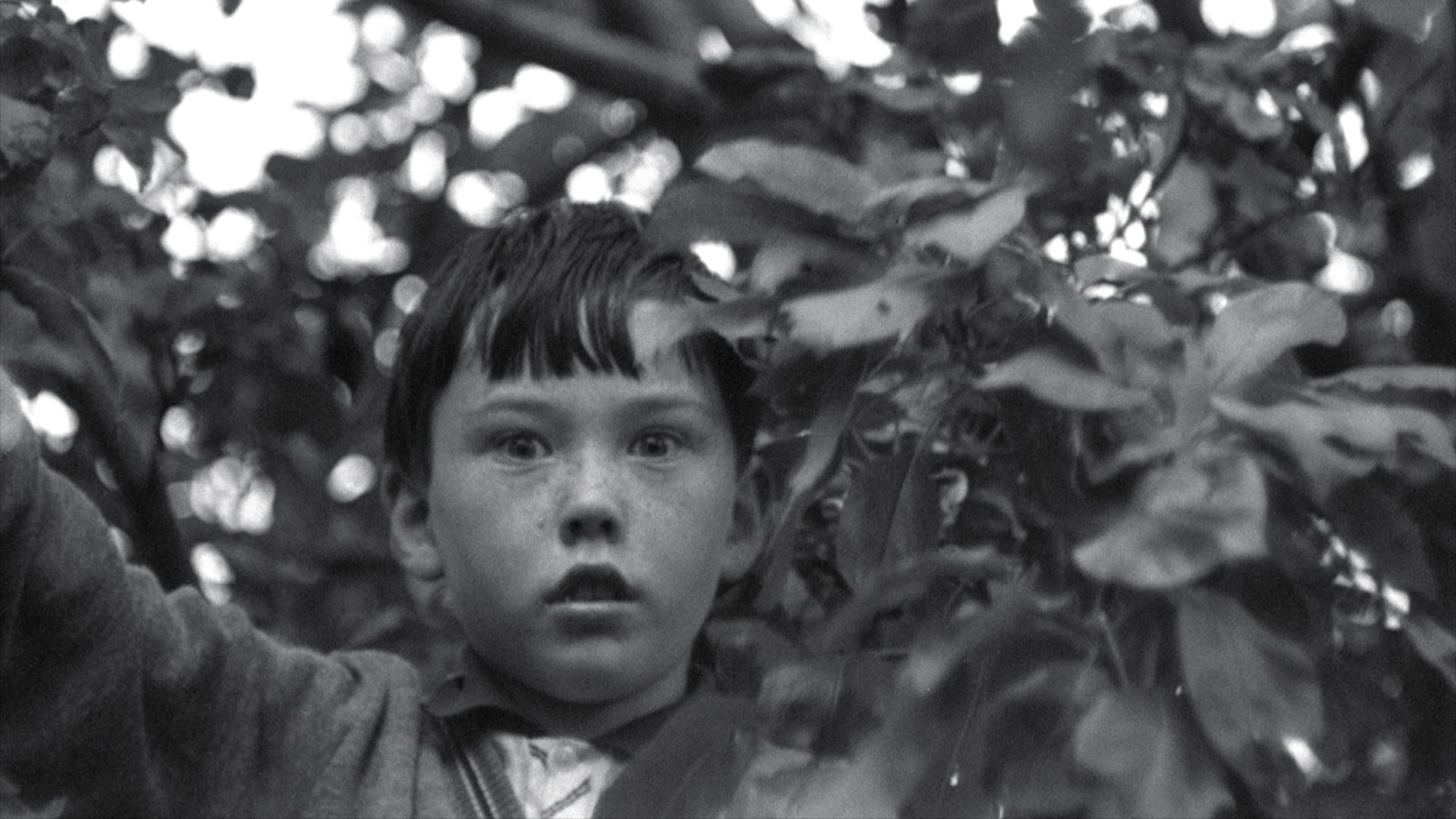Aisha, written and directed by the Irish writer Frank Berry, is a transfixing reflection on the plight of asylum seekers who face the icy realities of bureaucracy at every turn. The narrative focuses on Aisha, a young Nigerian woman, played by Letitia Wright, who is fleeing violence in her home country and has sought refuge in Ireland. All the while, her mother is hiding in Lagos, where Aisha sends money when she is able. Conor Healy, an employee at her residence home, is portrayed by Josh O’Connor, who adopts a role starkly different to that of a young Prince Charles from The Crown.
Like Aisha, Conor has a traumatic past. A quiet, young, recovering addict with a prison record, his experience is very different to Aisha’s, but he has experienced sexual assault and when he confides in her, she realises that she’s found a kindred spirit. As we watch her navigate impersonal, slow-moving bureaucratic systems, Conor is there to offer some warmth. It’s a friendship that shouldn’t work. And yet, in Berry’s exquisite script, it does.
The film opens with an African dance class in full swing but this is suddenly cut short when community centre staff turf out the dancers, despite pleas from group members pointing out that they’ve booked the room for two hours. It soon becomes clear that it’s not only their dance session that is unwelcome. Aisha is one of the dancers, and we see for the first time her determination not to be cast aside.
By this point, she’s been in Ireland for just over a year and has found work as an assistant at a Dublin hairdressing salon. When a customer naively mutters how nice it is that asylum seekers like her can work and earn money, she is quick to point out that she is one of the few who has found a job.
The lack of empathy and understanding increases. The fractious manager of her residence (Stuart Graham) confiscates the halal food she buys, despite none being served in the canteen. When the other Nigerian girls she befriends are evicted from the home, she’s threatened by the Garda for daring to say goodbye. Perhaps worst of all, as she attempts to fight through the levels of bureaucracy, she is relocated to a new residence without warning in County Wicklow, far away from her lawyer and her job.
It is here she learns what the authorities have in store for her.
According to the United Nations High Commissioner for Refugees (UNHCR),
last year 2,583 asylum applications by refugees were received in Ireland. Like
Aisha, many were from Nigeria, but a large number also fled from Somalia and Georgia. Approximately 39% of these cases were judged positively and, in the first nine months of this year, the number rose to an all-time high. By
October, almost 10,000 had travelled to the country in search of safe refuge and this excludes the number taken in from Ukraine. In comparison, 48,540 asylum applications were made in the UK last year, 63% more than the previous year and the highest figure in two decades.
But, it’s the word “story” that Aisha, rightly, objects to. In one meeting, she
is asked if she could share her story in greater detail with the committee.
“Yes. But, it’s not a story,” she replies, looking the committee chair dead in
the eyes. Instead, she explains she can only tell them what happened to her.
She gives them a full account of how she came to Ireland, and why. It’s moving, gut-wrenching and best told through Aisha’s own words: “A group
of men came to my house. They asked my father for the money that he owes
them. He borrowed it so he can help pay off my uni fees and to help look after his family. He didn’t have it. So they shot my father and my brother. Then, they had their way with me – they raped me. So this is not a story.”
Up until this point, her lawyer has constantly reminded her to look the committee in the eyes once she’s in the room but now it is the officials who
cannot hold her gaze. It becomes clear that the outcome is out of her hands.
In looking for safety, she’s traded one unknown for another and even her friendship-turned-romance with Conor cannot ease this nauseating uncertainty.
Last month, Tim Walker wrote in The New European that Suella Braverman ought to take a trip to the theatre to see The Boy with Two Hearts. Last week,
Charlie Connelly took matters further and penned a reading list for the home secretary. I see their suggestions and raise them. Aisha should be at the top of Braverman’s watch list. In fact, it’s essential viewing for all of us.
Aisha is available in cinemas and on Sky Cinema




